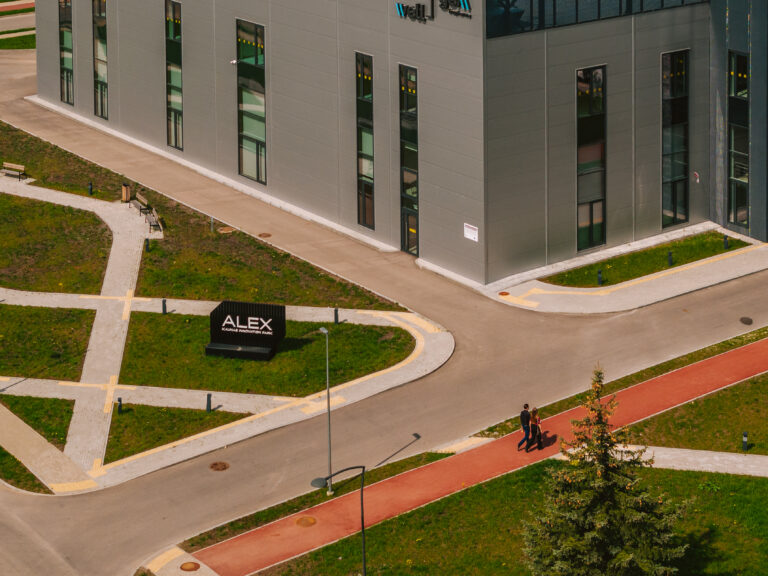Continuously improving its investment environment, Lithuania has been developing a migration policy focused on foreign talent attraction. More competitive immigration procedures will help satisfy the increasing demand for highly qualified specialists.
New legislative amendments, which enter into force on March 1, 2021, introduce simplified procedures regarding residence permits and the employment of foreigners in Lithuania. The upcoming changes, outlined below, offer new levels of flexibility and convenience for both businesses and foreign talent.
Obtaining a residence permit becomes quicker
From March 1, foreigners applying for a temporary residence permit will only need to submit a written undertaking to declare their place of residence. An official commitment from the landlord to provide suitable accommodation will no longer be required. Consequently, this new regulation will make the procedure of obtaining a residence permit faster and easier.
More flexible hiring practices for foreign talent in Lithuania
Under the new regulations, managers with high professional qualifications will not be required to obtain a decision of the Lithuanian Employment Service on compliance of their qualifications with the needs of the local labour market. This means that eligible managers coming from outside of the EU will be able to take up employment in Lithuania much faster than before.
Hiring procedures are going to become significantly more flexible for other highly qualified employees as they will be able to start working before their residence permits are issued. Under the amended regulations, a foreigner legally residing in Lithuania, having applied for a temporary residence permit on the basis of highly professional work, will be able to start working (i) upon adoption of a decision of the Employment Service on eligibility, or (ii) from the date of the submission of an application for a temporary residence permit (if a decision of the Employment Service is not required). This flexible procedure will also be applicable to relocating specialists that plan to work in Lithuania under an intra-institutional transfer.
Finally, the new law allows several exemptions from the obligation to obtain a work permit on several different grounds, which introduces further flexibility. A work permit will not be required when:
- a foreigner’s profession is included in the list of professions that require high professional qualifications, and there is a lack of such specialists in Lithuania, or when the employer undertakes to pay the foreign employee a salary at least 3 times the size of an average Lithuanian salary;
- a foreigner works remotely full-time under an employment contract with a company operating in Lithuania;
- a foreigner arrives in Lithuania under an international youth exchange program.
Possibility to hire international Master’s students
The new amendments provide international Master’s students with an opportunity to work full-time while studying in Lithuania. Previously, only doctoral students could work more than 20 hours a week. This change broadens Lithuania’s talent pool and allows investors to better tap into the potential of young yet highly educated candidates.
Lithuania is committed to developing a migration policy that reflects the needs of today‘s labour market. Enabling shorter and simpler immigration procedures for foreign specialists, the new legal changes should give companies operating in Lithuania an advantage when competing for talent from non-EU countries. Simpler employment procedures for foreign professionals will enrich the local talent pool and allow companies from non-EU countries to relocate to Lithuania easier.













